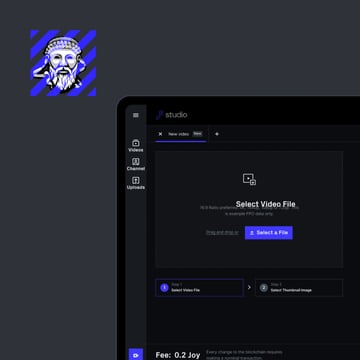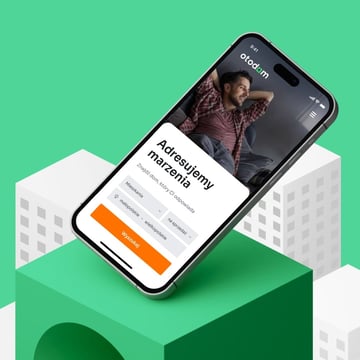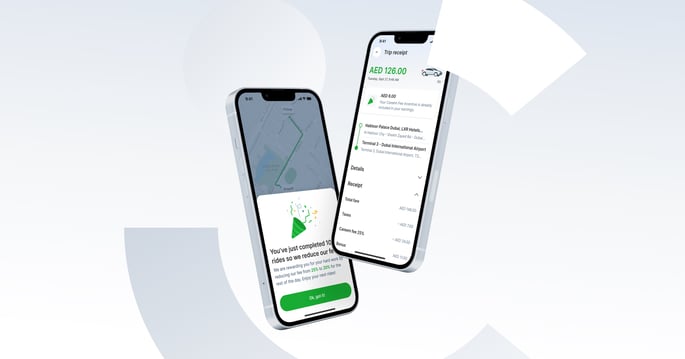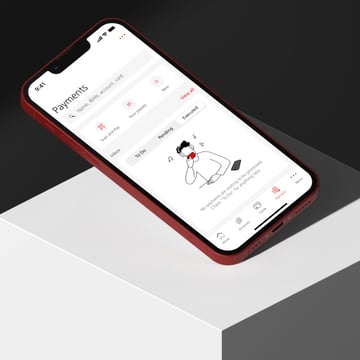
How our clients are leading the change


System Architecture for Autonomous Stores by Żabka

AI Agent to Reduce Manual Process by 83%

Flexible, Scalable App for a Global Ecommerce Platform

Ecommerce Boost with On-Demand Team Extension

Cross-Platform Mobile App for a Sports Retailer

How Netguru Built An AI Agent That Supercharges Sales
.png?width=360&height=360&name=Event%20post%20(2).png)
Mobile App for an Exclusive Finance Event Built in 13 Weeks

AI-Powered Legal Search Prototype for Tax Law
.png?width=360&height=360&name=Event%20post%20(3).png)
Rapid Website Redesign for a 24% Increase in Traffic

Multi-Layered KYC Solution For the Number One Fintech App in Nigeria

Driving Backend Security and Scalability for a Credit Card Solution

50% Efficiency Gains with Silk Design System

Scalability with Webflow: Designing and Developing Polpharma API Website

AI-Powered Sales Advisor for Ecommerce

Enhancing the Ecommerce Experience with AR-Powered App for Interior Design

Boosting EdTech Content Creation with GenAI from Hours to Seconds

Boosting Mobile Banking in Africa With Staff Augmentation

60% More Engagement With Hyper-Personalization for a US Proptech

Boosting Subscriber Engagement With Mobile App MVP

Speeding Up Merck’s Process from 6 Months to 6 Hours with an AI R&D Assistant

Building an App for the World's First Mobility Fintech Expanding Across Three Continents

Providing a Mobile App MVP in 5 Weeks for a New York Fintech

Faster and Fraud-Proof Ticket Purchase for Football Fans

Leveraging Generative AI for Growth Opportunities for a Digital Platform

Accelerating KYC for a Leading Payment and Compliance Infrastructure Provider

Easy Online Payments With an App for a Payment Card Services Provider

Design and Development of Data Collection Platform with Mendix

Flutter-Based App for Merck to Advance Lab Productivity

Web App Redesign for EdTech SaaS Solutions Provider

Design and Development of Blockchain-Powered Web Platform for MilliporeSigma

Growth Consulting for a Digital HR Solution

Upending Knowledge Management With AI-Powered Knowledge Base

Boosting a Zero Waste Marketplace With a GenAI-Powered Mobile MVP

Tailor-Made CRM Built With Mendix for Rapid Delivery and Lower Costs

Accessibility Audit for a Digital Whistleblowing Platform

Team extension for mobile design revamp at speed

Exquisite look & feel for a blockchain video platform
Top-notch viewing experience with research, design, and MVP development for an Oslo-based startup

21% higher conversion for a top marketplace

Enabling In-App SEPA Payments for French Fintech Unicorn Spendesk

User onboarding accelerated from weeks to minutes
Smooth business growth with design and development services for a revolutionary Australian fintech scale-up

Improved User Experience in the Super App

Joyful customer experience with a virtual try-on
Online sales boost with ML and augmented reality for a global cosmetics company

Sales boost with interactive app demos
Making life easier for clients and financial advisors of one of the largest private banks in the world
Consistency across products with a design system
Improved developer experience and more efficient engineering for the world's largest real estate franchise

Powering a Product Squad to Develop a Food and Grocery Delivery App
Driving growth for a grocery delivery app by owning core development and optimizing key metrics like orders, basket value, and conversion rate
Beautiful code and innovative design translated into tangible results
Over the years we’ve created a unique process that delivers exceptional results with blazing-fast efficiency.
21%
2x
€1000
Increase in average sale price per new VW car
97%

